Faculty & Staff
Faculty
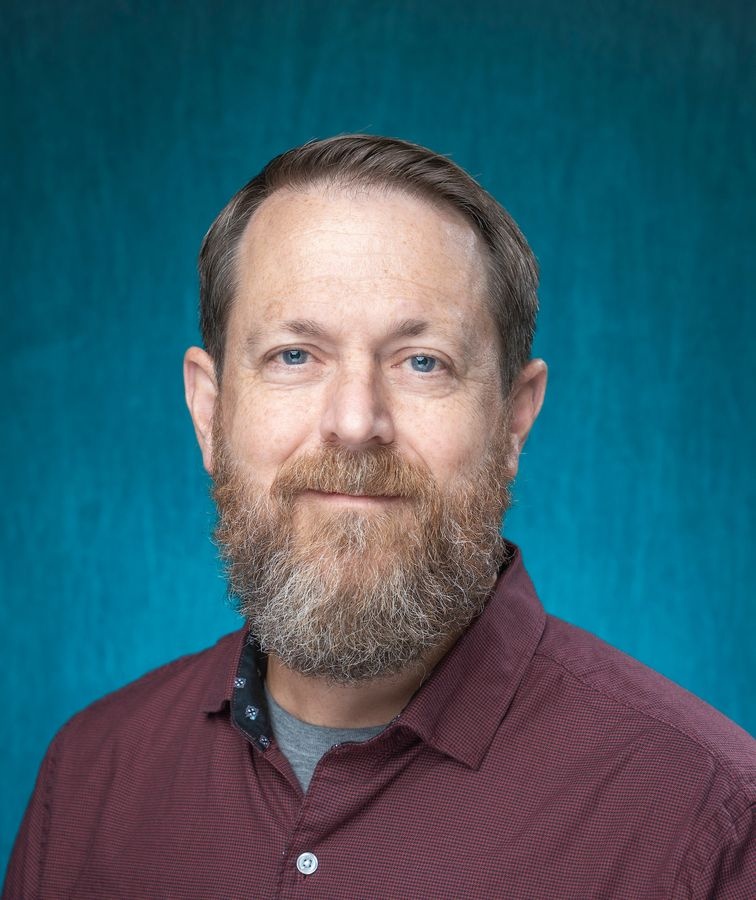
Michael M. Benedetti
Professor
DeLoach Hall 107
Research Interests:
Geomorphology, soils, and geoarchaeology 
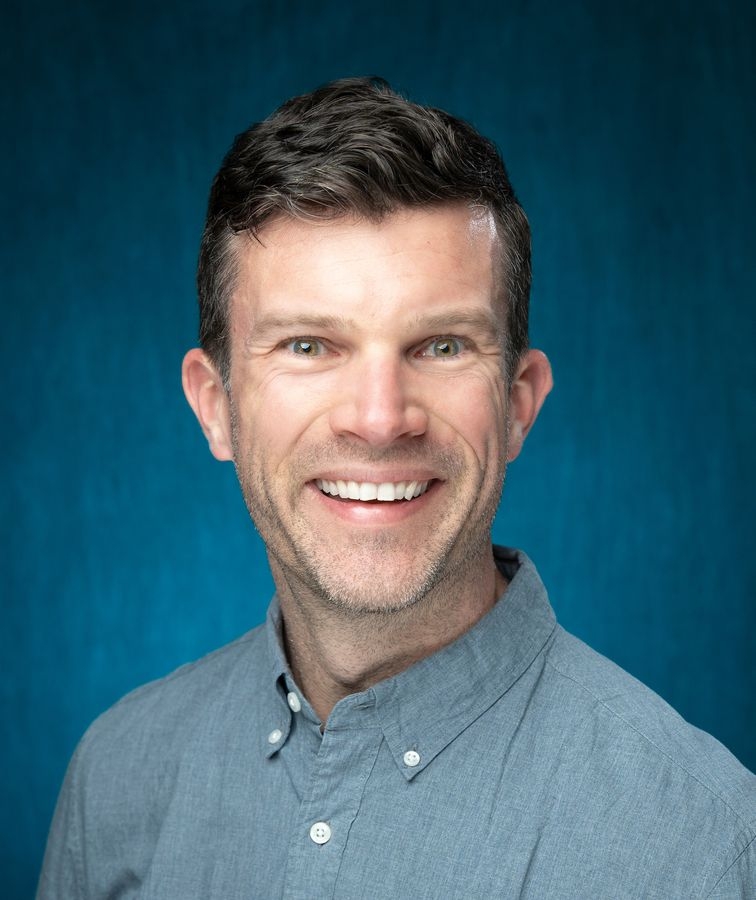
Philip J. Bresnahan
Associate Professor
Research Interests:
Coastal water resources, Risks, and Resilience 
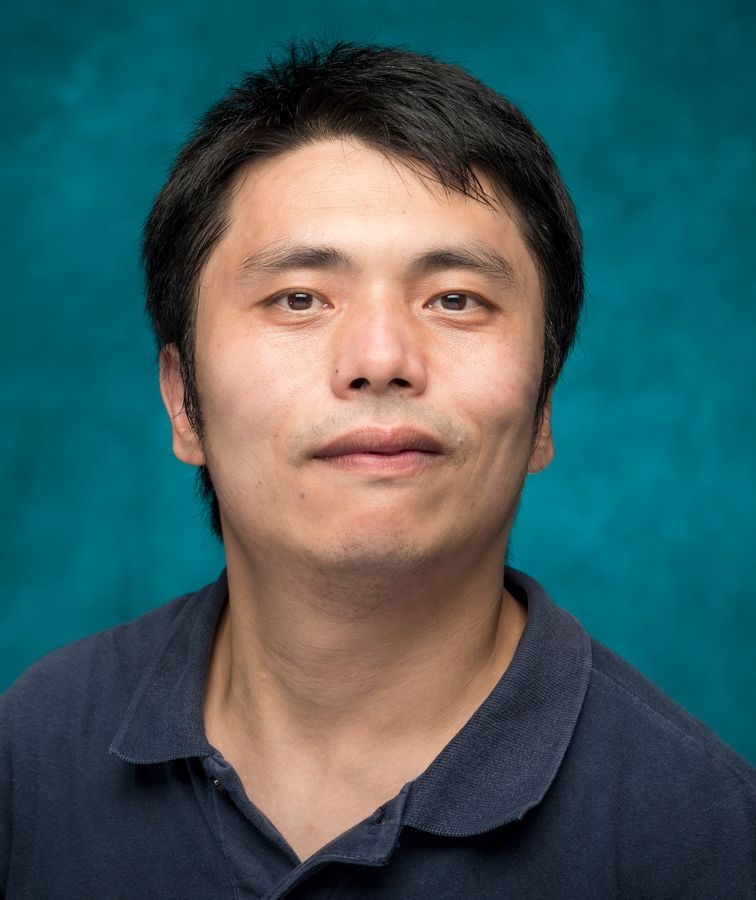
Peng Gao
Associate Professor
Deloach Hall 127
Research Interests:
Wildfire, Climate extremes, Landscape Ecology 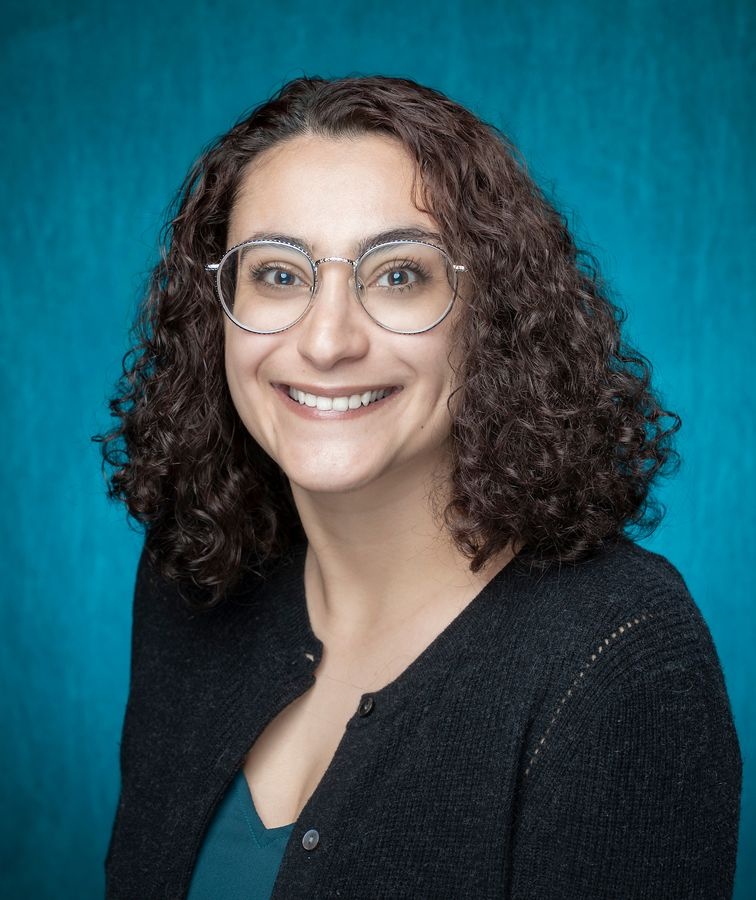



Peter J. Haproff
Associate Professor
DeLoach Hall 106
Research Interests:
Structural Geology, Tectonics 

Shannon A. Klotsko
Associate Professor
DeLoach Hall 129
Research Interests:
Marine Geologist-Continental Margin Evolution 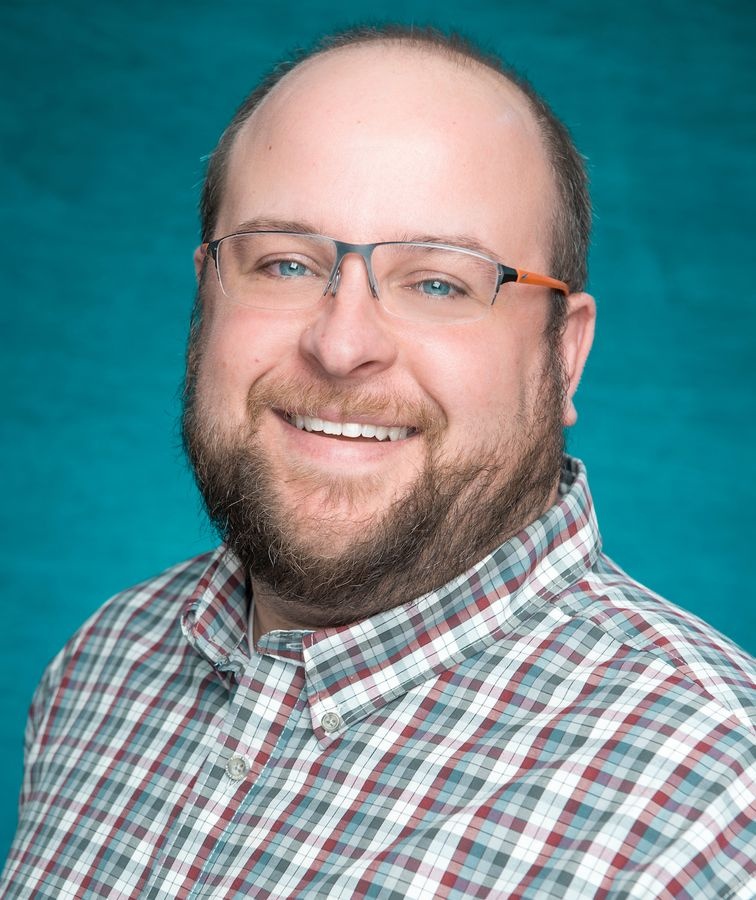
Chad S. Lane
Department Chair
DeLoach Hall 108
Research Interests:
Quaternary Paleoenvironments, Stable Isotopes 
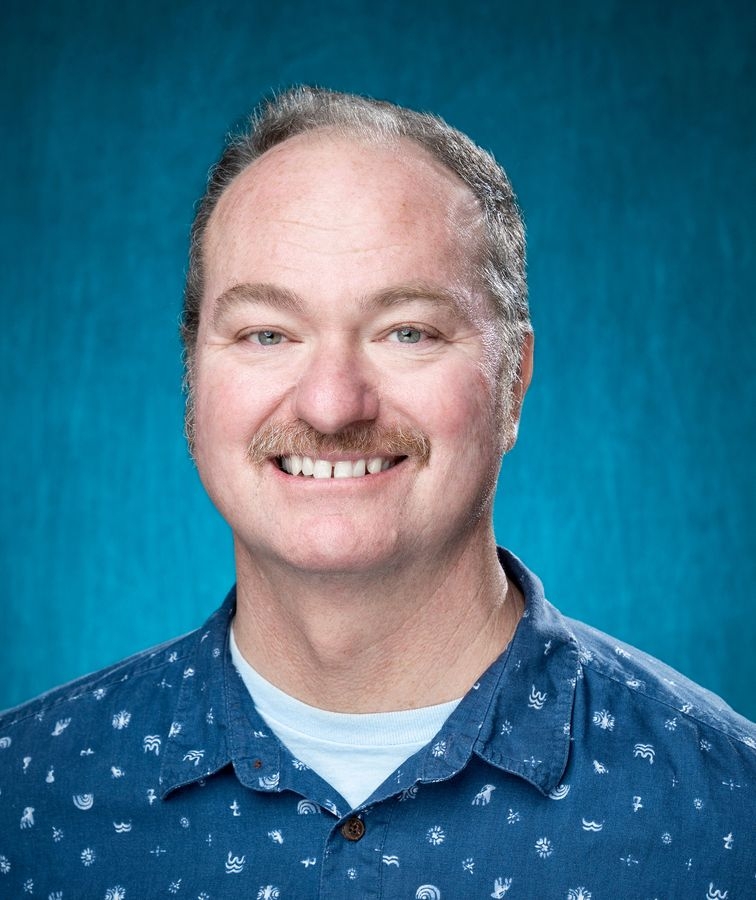
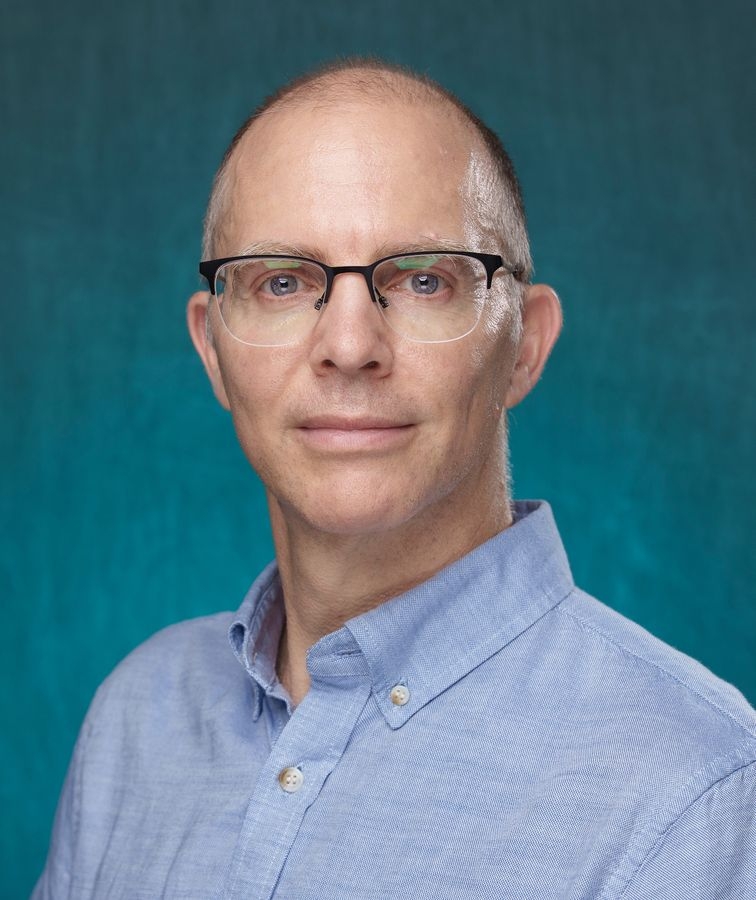
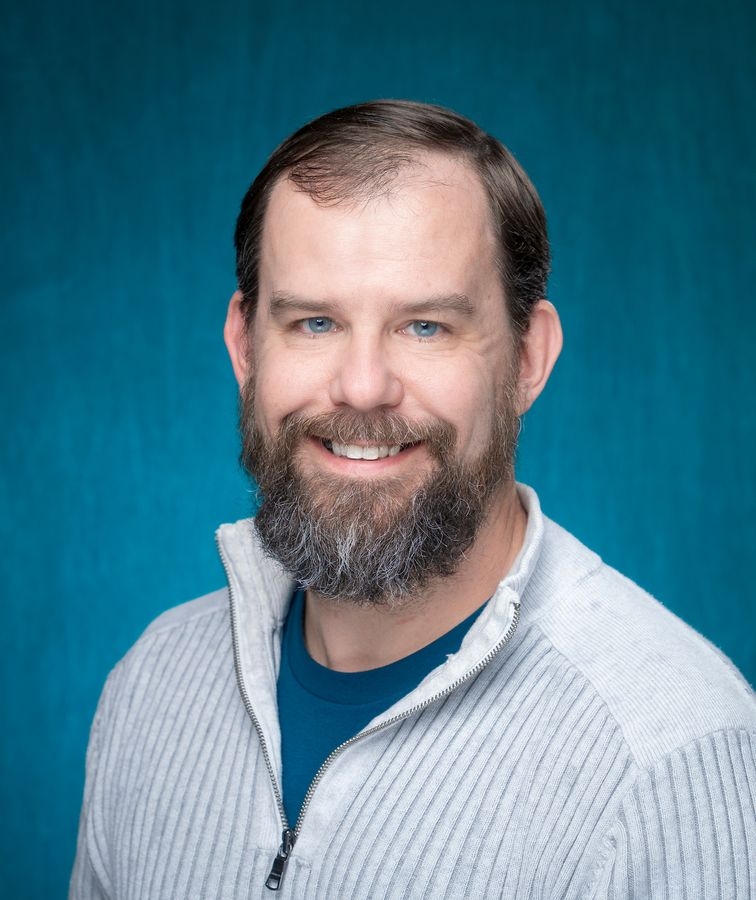
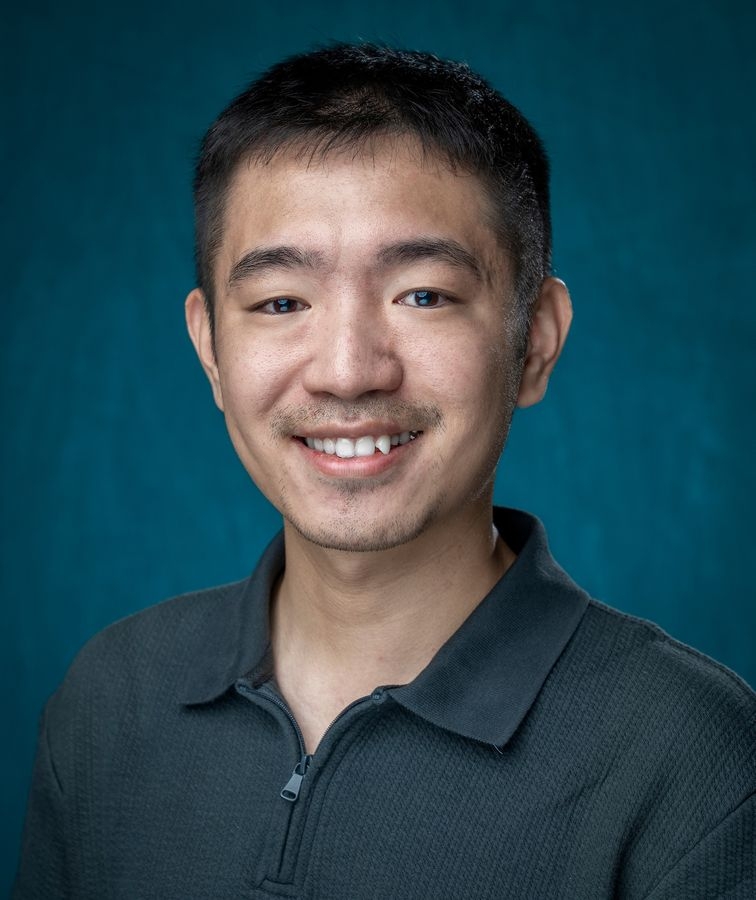
Zijun Yang
Assistant Professor
CMS 1337
Research Interests:
Remote sensing, GeoAI, UAS, Ecosystem dynamics Support Staff

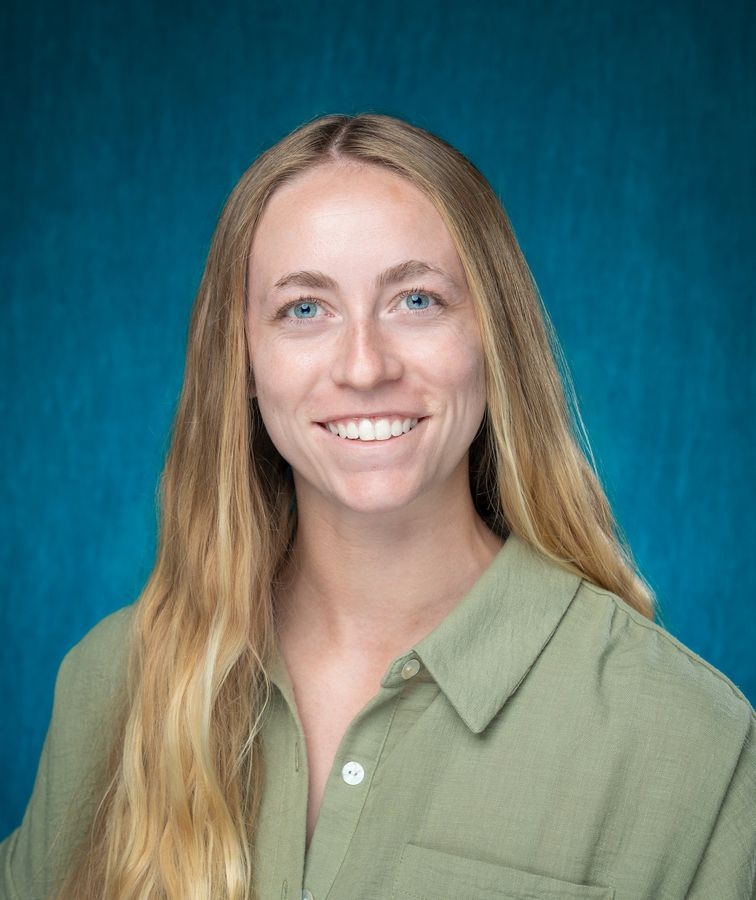
Maia H Griffith
Geospatial Technologies Support Technician
Research Interests:
UAS, Marine Ecology, Habitat analysis, GIS 